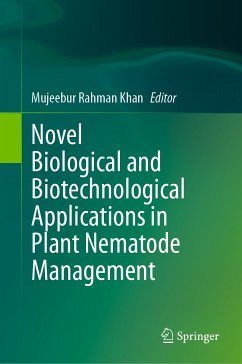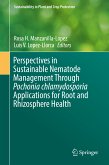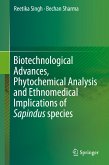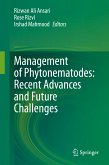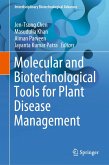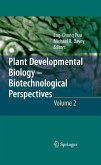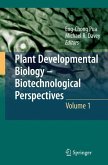The volume focuses on novel and effective biological and biotechnological methods for managing major plant parasitic nematodes in economically important agricultural crops. Nematodes develop a wide variety of interactions with soil microbes and host plants, and cause enormous losses in crop yields equivalent to around USD 173 billion annually. In view of growing concern for pesticide contamination in crops, coupled with ban on several efficacious pesticides, and increasing demand for organic foods, the biological and biotechnological approaches offer a good alternative to chemicals for managing nematode infestations in agricultural crops. The book embodies twenty-two chapters which are arranged in two groups. The first group covers different novel methods of nematode management such as biotechnological, biopesticides, microbial consortia, host resistance, omics technology, transgenics, nano-nematicides, nano-diagnosis, etc. The second groups of chapters describe important nematode problems in major crops such as cereals, vegetables, pulses, spices, wood yielding conifers, etc. Overall, the book collates the latest information on above topics and offers practical solutions to the limitations and challenges in the existing management technologies. This book is of interest and serves up-to-date and elaborated information to agriculture researchers, teachers, scientists, under-graduates, post-graduates, plant nematologists, plant pathologists, plant protectionists, agronomists, horticulturalists, helminthologists, extension workers, and NGOs.
Dieser Download kann aus rechtlichen Gründen nur mit Rechnungsadresse in A, B, BG, CY, CZ, D, DK, EW, E, FIN, F, GR, HR, H, IRL, I, LT, L, LR, M, NL, PL, P, R, S, SLO, SK ausgeliefert werden.

